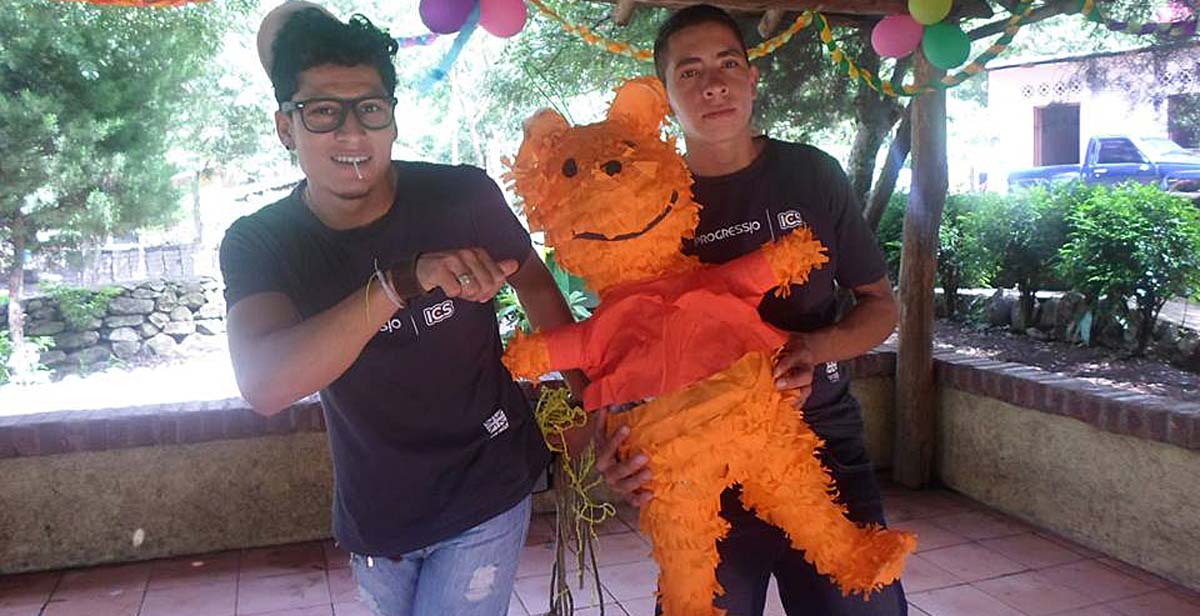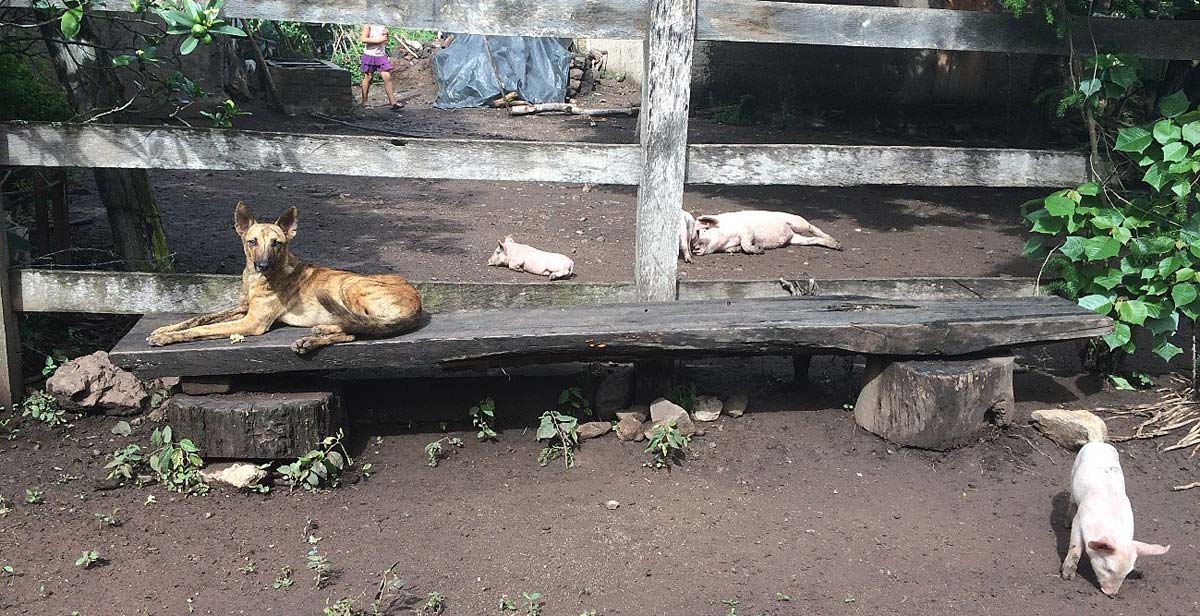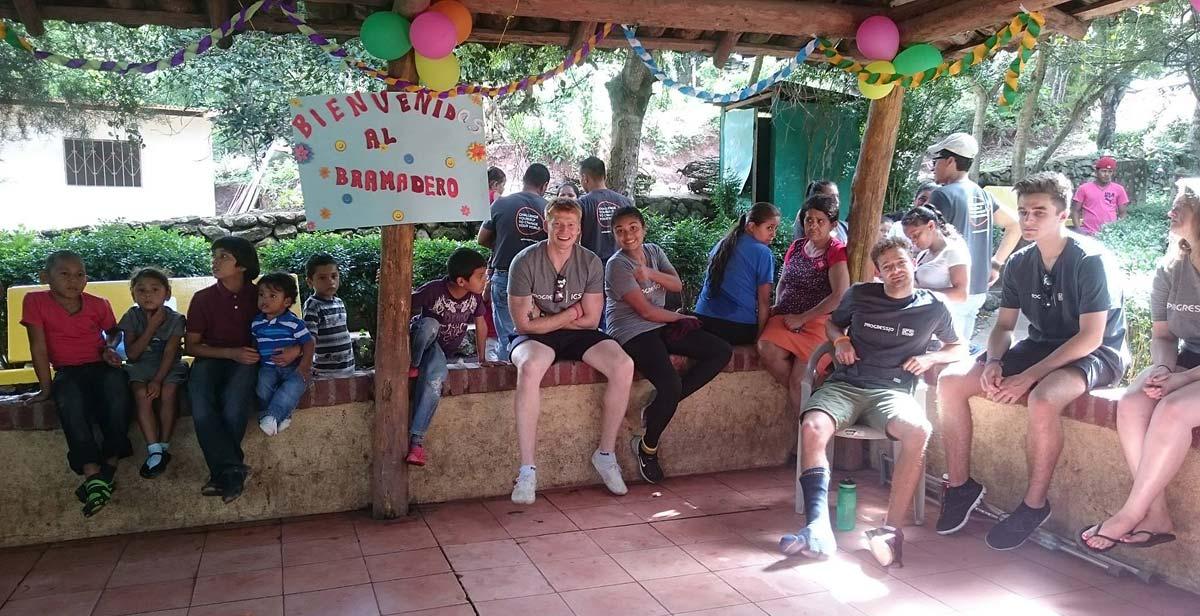The first week of cycle 16 has been spent settling in to our new life for the next 10 weeks. Adjusting to a new lifestyle is something most young people rarely experience, if at all. It is easy to go your whole life comfortably without introducing yourself to a new culture, and a new way of life. Before you have experienced this change, you expect a difficult adjustment and to miss how life was before. However, in El Bramadero, Nicaragua, this has not been the case. Ever since we stepped foot in our host community, we felt welcomed from the start. Host families do their best to make sure you feel like you are part of the family, and they love you as if you were one of their own children. On our first full day of living in El Bramadero, we were welcomed by the community in the local park. I have never witnessed celebrations with a piñata before but it is defiantly a memory that will stick in my mind, Nicaraguan children go crazy for it!

Something that is different in Nicaragua compared to the UK (which is hard not to miss) is the sheer amount of animals wandering around the streets. You wake up in the early hours of the morning by cockerels - which have fast become a least favourite of mine - at usually around 3am. My host family has many animals. Aside from the chickens, there are dogs (Rocky and Donkey), a cat (Mitsi) and a pig, which has recently given birth to piglets. Also, as an animal lover I was of course over-the-moon when I was told that there was a young puppy (Progressio) at the family’s house up the road, which is also another host family. The way Nicaraguan’s treat their animals is far different compared to in the UK, many of the animals are underweight, riddled with fleas and are not provided the appropriate nutrition for their species. This however does not stop Nicaraguans from loving their animals though, and providing their pets with whatever scraps from food they have left; no food is wasted here.
The topic of wastage is a good one in this instance. Nicaraguans waste nothing, they love to reuse whatever can be, which is why it is always a good idea to provide your host family with something which can also be used for something else (e.g. with a tin of biscuits they will reuse the tin for storage). As previously mentioned, Nicaraguans feed their pets and farm animals food leftovers and waste. I have now got into the routine of feeding my mango skin to a pig or horse, and my chicken bones to the dog or the cat.

Food wastage is a huge problem in the UK, with people being so picky with food for themselves that tonnes of food goes to waste before it even hits the shop floor, just because it isn’t up to aesthetic standards; whereas in Nicaragua you literally just pull fruit off a tree and eat it, who cares what it looks like? We are told that there is a problem with the growing human population, why not just utilise all this food that is going to waste instead.
Therefore, if there is anything that I have learnt from my first week in El Bramadero, it’s that we should all utilise everything for both economic and environmental reasons. Furthermore, even though we may judge countries less economically fortunate than ours for their environmental awareness, each country has their own positive and negative environmental management.
So what can you do from home to utilise products? I would recommend buying fruit and vegetables from farmers markets or your local fruit and veg’ shop, this way the products have not gone through the scrutiny which most chain supermarkets go through. If you have any food waste; why not start composting? Or better yet, feed it to your pet; as long as it isn’t poisonous for them of course!
Written by ICS volunteer Bethan Goodhead



